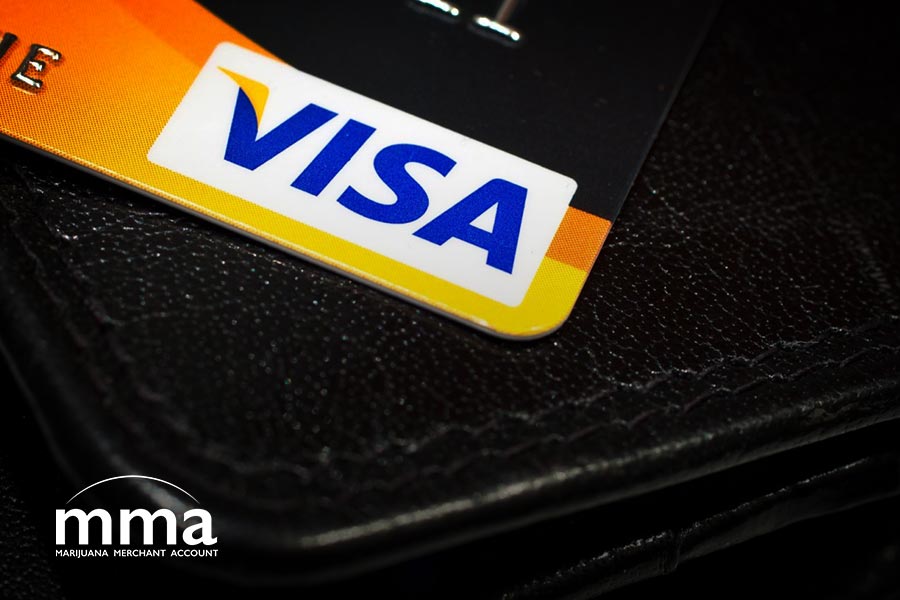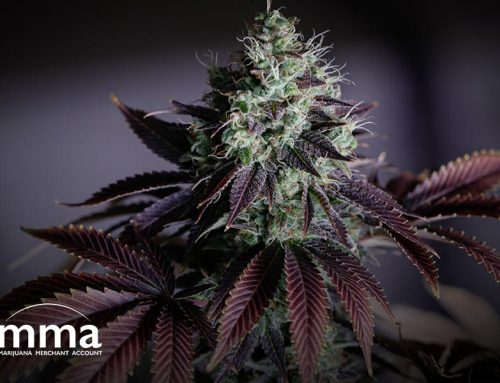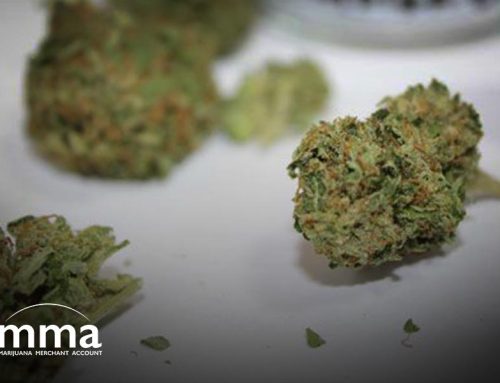Owing to marijuana’s federally illegal status, most banks are unwilling to work with cannabis businesses for fear of federal government reprisals. This means that many marijuana retailers operate on a cash-only basis.
This not only increases a business’ operating costs, it also increases the risk of robberies.
As a result, many dispensaries have turned to one of three alternative methods for accepting credit or debit card payments for cannabis products.
Using cashless ATMs – a way of disguising point-of-sale transactions as an ATM withdrawal – is one such method that’s been eagerly adopted by marijuana businesses. It allows a customer to pay for products with a total value of, say, $38, by rounding up to $40. The teller can then give back the difference in cash. The sale is miscoded as an ATM cash disbursement, but for the customer it seems like any other card payment.
But Visa, the second-largest payment company in the world, has sent a letter to its customers to warn against the practice, with an accompanying threat of penalties or some other unspecified sanction.
“Cashless ATMs are primarily marketed to merchant types that are unable to obtain payment services—whether due to the Visa Rules, the rules of other networks, or legal or regulatory prohibitions,” Visa’s memo reads. “Therefore, supporting this scheme affects the integrity of VisaNet and the Plus network, as well as the Visa payment system.”
Akerna, a Denver-based point-of-sale and compliance software developer, estimates that around half of the 7,000 or so marijuana dispensaries in the US currently use the cashless ATM method. The marijuana industry is expected to bring in $25 billions in sales in 2022. Should Visa follow through on its warning, this could spell a huge problem for cannabis businesses across the country.
For now, Visa is light on details when it comes to how it intends to enforce its policy against cashless ATMs, but Kasim Carbride, a corporate and banking compliance lawyer, believes violations could “result in a disciplinary action against the Merchant, as well as a potential fine of $200,000 or $2,500 per day (which can be retroactively apply [sic] to and from the first day of noncompliance), and termination of the Merchant’s account.”
With cannabis businesses stuck between a rock and hard place, marijuana industry representatives are urging Visa to rethink its stance.
“It is unfortunate that Visa is unwilling to work with the cannabis industry, which is legal in dozens of states and represents billions of dollars in economic activity, at a time when this country needs all the financial options it can use,” said Morgan Fox, media relations director for the National Cannabis Industry Association. “But it is even worse that they are trying to discourage alternative solutions that are primarily utilized by small businesses to protect themselves and their customers from theft and violent crime.”
Steven Hawkins, CEO of the US Cannabis Council, highlighted the unfair treatment of marijuana businesses compared to companies in traditional industries and urged lawmakers to pass marijuana banking reform as a lasting solution to the issue.
“We urge Visa and other financial institutions to constructively engage with lawmakers and the cannabis industry on payment options,” he said. “Ultimately Congress will need to step in by passing the SAFE Banking Act, which we are urgently working to pass.”
The US House of Representative has passed some version of the SAFE Banking Act on five occasions, most recently as an amendment to a national defense spending bill. However, this was later removed by a bicameral conference committee.












